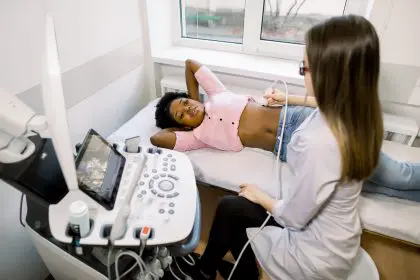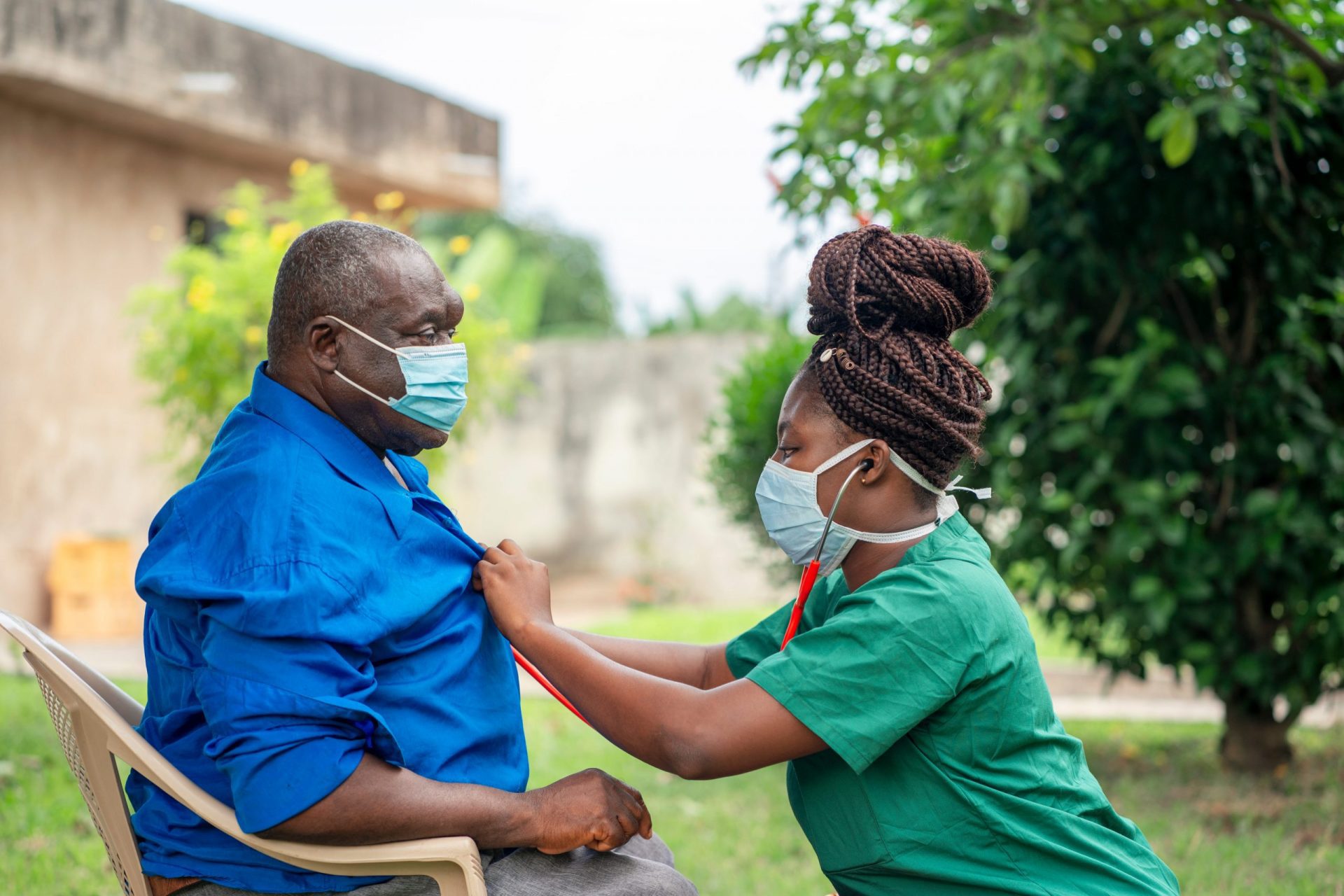The landscape of menopause support is experiencing a remarkable transformation through an innovative festival that specifically addresses the needs of Black women. The Life in the Pause Festival, now in its second year, represents a groundbreaking approach to menopause awareness and education, combining cultural sensitivity with medical expertise.
Understanding the unique challenges
Black women often face distinct challenges during menopause that have historically been overlooked by mainstream healthcare. Research indicates that African American women typically experience menopause symptoms for a longer duration and with greater intensity compared to other demographic groups. These disparities extend beyond physical symptoms to encompass healthcare access and cultural understanding.
Breaking down the biological timeline
The menopausal transition typically begins in the late 30s to early 40s, when significant hormonal changes start occurring. During this period, the body’s production of essential hormones like estrogen and progesterone begins to fluctuate dramatically. By age 40, women retain only 1-3% of their original egg supply, triggering a cascade of biological changes that affect multiple body systems.
Beyond traditional symptoms
While hot flashes and night sweats are widely recognized as common menopause symptoms, the range of experiences during menopause can be much broader. Lesser-known symptoms include sensations of electric shocks, episodes of vertigo and balance issues, cognitive changes, mood fluctuations, skin sensitivity, heart palpitations, shifts in insulin resistance, and changes in cholesterol levels. Each symptom adds complexity to the menopause experience, highlighting the need for awareness beyond traditional symptoms.
Revolutionary approaches to treatment
Modern menopause management has advanced beyond traditional hormone replacement therapy, introducing innovative options that offer more tailored approaches to care. Bioidentical hormones, for example, are naturally derived compounds customized for dosing precision and are reported to have fewer side effects. These hormones closely mimic the body’s own natural hormones, providing a potentially safer alternative for many women. Another option is phytoestrogen therapy, which uses plant-based compounds to regulate hormones naturally and may carry fewer risks while allowing for gradual symptom relief. Additionally, lifestyle interventions, such as stress reduction, dietary modifications, exercise programs, and sleep hygiene practices, have shown significant potential in managing menopause symptoms holistically.
The role of preventive care
Healthcare professionals are increasingly emphasizing the importance of preparing for menopause well before it begins. This proactive approach includes regular health screenings, such as hormone level monitoring, thyroid function tests, bone density scans, and cardiovascular assessments, which help provide a baseline and track changes over time. Lifestyle modifications in nutrition, stress management, physical activity, and sleep quality improvement are also recommended as preventive steps to ease the transition into menopause.
Addressing cultural specifics
The festival provides a unique platform to explore menopause within the context of Black culture and experience. This includes considering how cultural factors influence family dynamics, community support systems, traditional healing practices, and the passing of generational knowledge. Additionally, it addresses healthcare navigation by providing resources on provider communication strategies, access to treatment options, insurance coverage, and alternative therapies.
Building community support
Through its festival format, the event fosters a supportive environment where participants can connect. Structured activities such as educational workshops, expert panels, wellness demonstrations, and group discussions encourage learning and sharing. Networking opportunities also allow for the formation of peer support groups, professional connections, resource sharing, and experience exchanges, creating a robust community of support and understanding.
Technology and menopause management
Modern technology is increasingly integral to menopause management, offering digital tools such as symptom tracking apps, telemedicine platforms, online support communities, and educational resources. Data collection through these tools enables personalized tracking of symptom patterns, monitoring of treatment effectiveness, health trend analysis, and even contributions to broader research efforts.
Future developments
Menopause care is a rapidly evolving field, with promising treatments emerging to meet diverse needs. New hormone delivery systems, alternative therapies, personalized medicine, and innovative cooling technologies are at the forefront of these advancements. Ongoing research focuses on understanding genetic influences, assessing the cultural impacts of menopause, evaluating treatment effectiveness, and studying long-term health outcomes to continually refine approaches to care.
Economic considerations
Financial planning is becoming a critical aspect of menopause management, especially given potential healthcare costs. This includes understanding insurance coverage, exploring treatment options, investing in preventive care, and considering supplementary therapies. Resource allocation through tools like medical savings accounts, healthcare flexible spending, and careful budgeting can also help in prioritizing treatment and managing costs.
Creating lasting impact
The festival aims to create a lasting influence on the community beyond the event itself. Ongoing initiatives like community outreach programs, education for healthcare providers, policy advocacy efforts, and support for further research all contribute to a broader impact. Additionally, the development of educational materials, support networks, professional referrals, and treatment guides ensures that the festival’s benefits continue to support participants in meaningful ways.
This revolutionary approach to menopause support demonstrates the power of combining medical expertise with cultural understanding. By addressing the specific needs of Black women during menopause, the festival creates a model for comprehensive healthcare that could benefit all communities experiencing this natural life transition.












